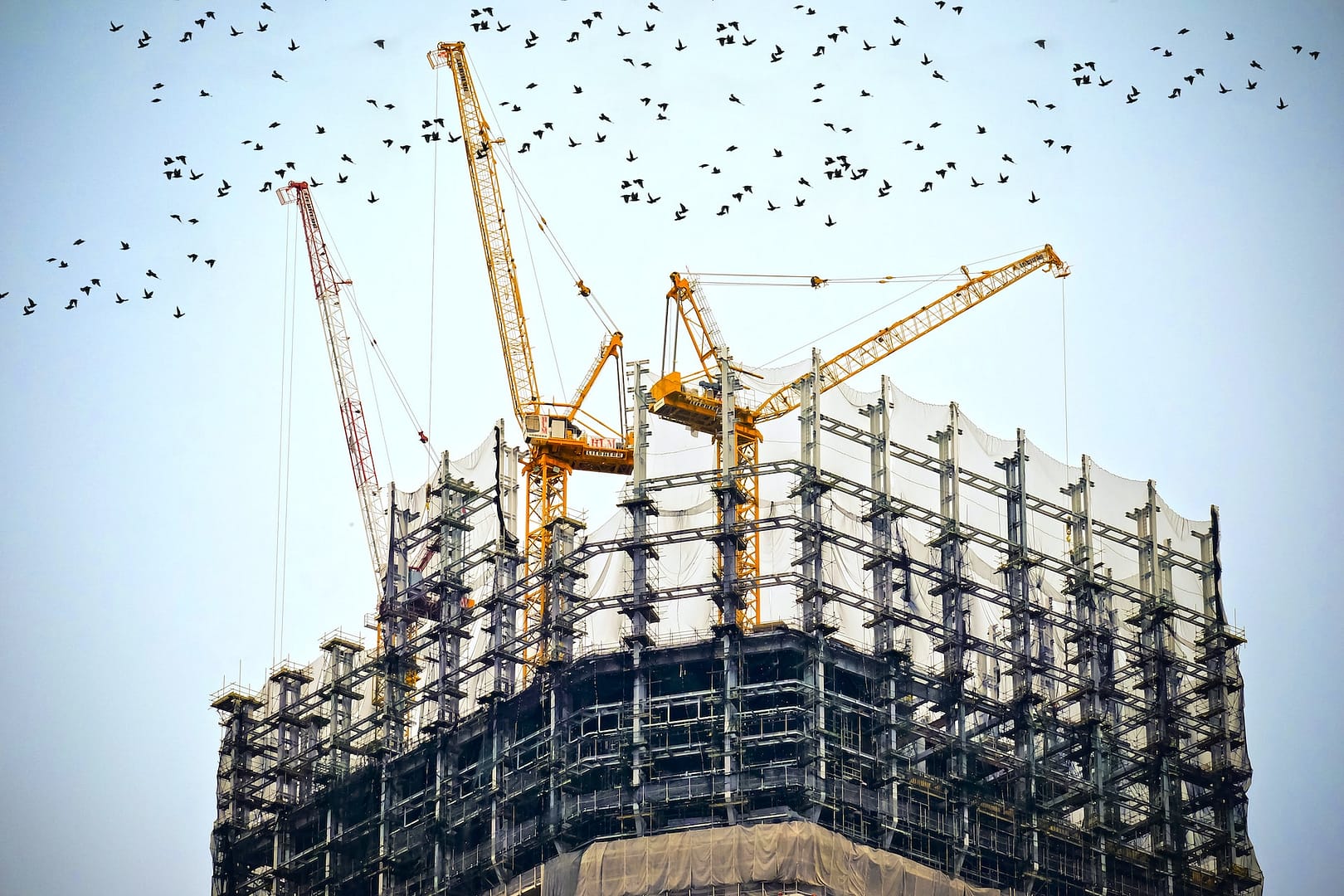The impact of disrepair on building safety cannot be overstated. It is a significant concern that affects the health, safety, and wellbeing of building occupants, as well as the integrity of the building structure itself. The Building Safety Act (BSA), enacted in 2021 in the United Kingdom, is an effort to address this issue and ensure that all buildings are safe for habitation.
In this article, we will explore the impact of disrepair on building safety, the importance of the Building Safety Act, and the responsibilities of building owners and managers in maintaining this safety.
The Impact of Disrepair on Building Safety
Disrepair in a building can manifest in many ways, including structural issues, inadequate fire protection, and poor electrical systems. All these issues pose a significant risk to building occupants, and if not addressed promptly, they can result in injury or even loss of life. For instance, if a building has a faulty electrical system, it could cause a fire outbreak that could quickly spread and cause significant damage.
Disrepair can also affect the structural integrity of a building. If the building has cracks or other structural defects, it could be at risk of collapsing. Similarly, if a building has inadequate fire protection, occupants may be unable to escape in the event of a fire, leading to severe injuries or even fatalities.
The Building Safety Act
The Building Safety Act is a UK government initiative aimed at improving building safety in England and Wales. The act was enacted in response to the Grenfell Tower fire in 2017, which claimed 72 lives. The tragedy highlighted the need for improved b regulations, and the Building Safety Act was seen as a necessary step in this direction.
The Building Safety Act applies to all buildings in England and Wales that are over 18 meters tall, or contain more than six storeys. The act places greater responsibility on building owners and managers to ensure that their buildings are safe for habitation. It also establishes a new Building Safety Regulator (BSR) that will oversee safety and enforce the new regulations.
Your landlord needs to adhere to this act and if your house is not safe and has suffered structural damage, you may be entitled to claim against your landlord. You should contact National Claims to help with this potential claim, as we will be able to help guide you through the claims process.

What are the Key Points of the Building Safety Act?
The Building Safety Act introduced several key points to improve safety in England and Wales, including:
- The establishment of a new Building Safety Regulator (BSR) that will oversee building safety and enforce new regulations.
- The appointment of a building safety manager (BSM) for all high-rise residential buildings.
- The introduction of a Building Safety Certificate (BSC) to confirm that a building is safe for habitation.
- The establishment of a new Building Safety Fund (BSF) to support the remediation of unsafe buildings.
- The expansion of the scope of the current Fire Safety Order to include external walls, balconies, and windows in multi-occupied residential buildings.
These key points aim to improve building safety in England and Wales by placing greater responsibility on building owners and managers to ensure their buildings are safe for habitation. The act represents a significant step forward in regulations and is expected to have a significant impact on the safety and wellbeing of building occupants.
Responsibilities of Building Owners and Managers
Building owners and managers have a responsibility to ensure that their buildings are safe for occupants. This includes maintaining the building structure, electrical systems, and fire protection systems. If a building owner or manager neglects their responsibilities, they could face legal action or fines.
The Building Safety Act places additional responsibilities on building owners and managers. For instance, they must appoint a building safety manager (BSM) for all high-rise residential buildings. The BSM is responsible for ensuring that the building is safe for occupants, conducting regular inspections and maintenance, and reporting any issues to the BSR.
Why Building Safety is Important
Building safety is essential for many reasons. Firstly, it ensures the health and wellbeing of building occupants. A building that is not safe for habitation could pose a significant risk to the health and safety of the occupants, leading to injury or even loss of life.
Secondly, it is crucial for the protection of property. A fire outbreak or structural collapse could lead to significant damage to the building and the property inside it. This could result in substantial financial losses for building owners and occupants.
Finally, it is essential for the overall integrity of the building structure. A building that is not well-maintained could be at risk of collapsing or suffering significant structural damage. This could result in a loss of the building’s value and even render it uninhabitable.
Conclusion
The impact of disrepair on building safety is a significant concern that affects the health, safety, and wellbeing of building occupants. The Building Safety Act is an essential step towards improving building safety and ensuring that all buildings are safe for habitation. Building owners and managers must take their responsibilities seriously and ensure that their buildings are well-maintained and safe for occupants.
Ultimately, building safety is crucial for the protection of property and the overall integrity of the building structure. Building owners and managers must prioritize the safety of their occupants and take any concerns about safety seriously. By doing so, they can help prevent any incidents and ensure that their buildings remain safe and habitable for years to come.
Contact us at National Claims today to start your claim against your landlord.
Note: You can only make a claim if you are currently living in social housing.
Click below to see why we are one of the most trusted claims management companies in the UK.





